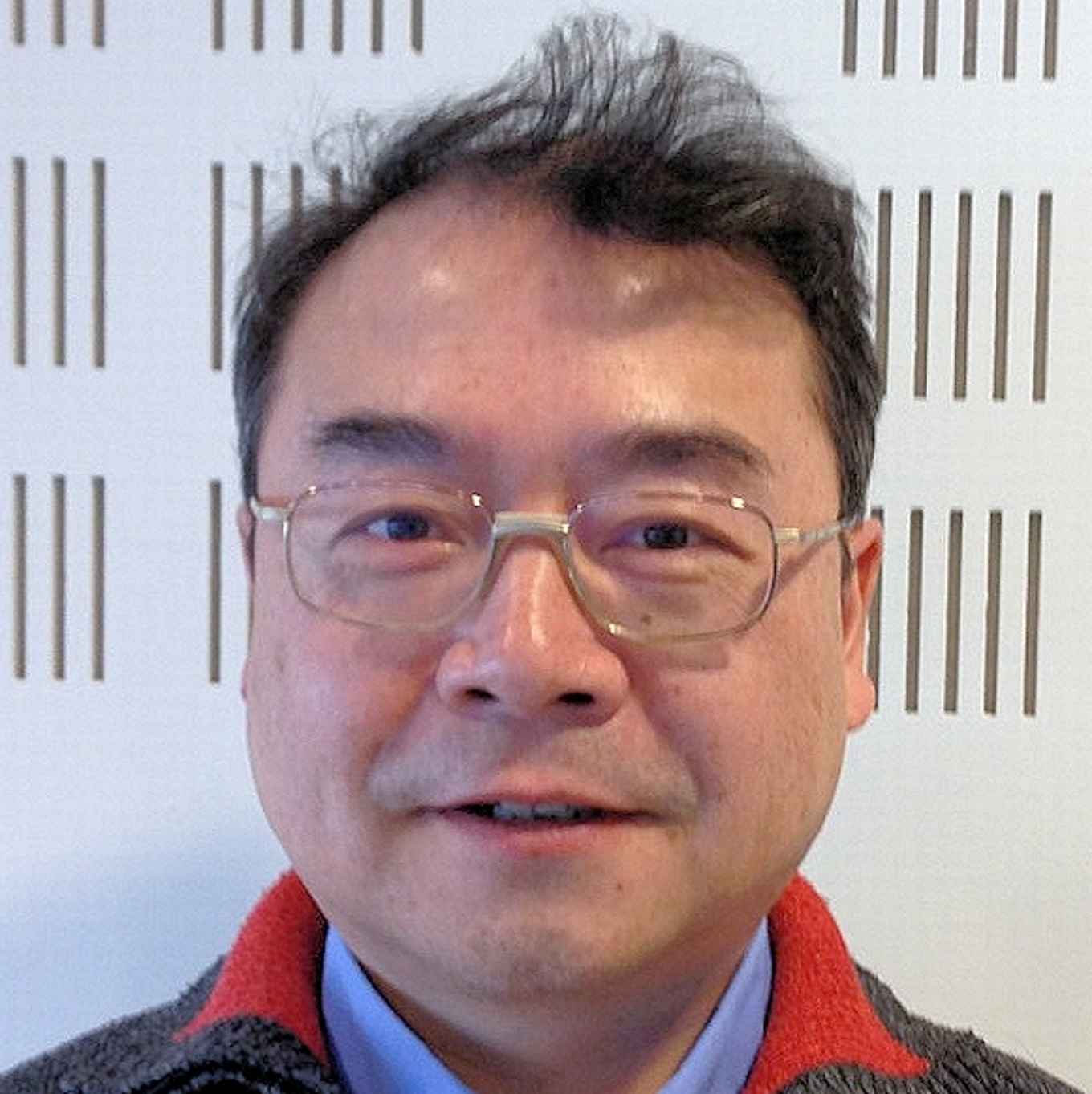Toward personalised postoperative cancer immunotherapy
Funding for Hong Zhang in European cancer project
22 May 2015

The funding was recently granted through the European Marie Skłodowska-Curie Innovative Training Networks (MC ITN-ETN) programme. The project consortium, consisting of 7 universities and research institutes, 2 medical centres and 4 industrial partners from 5 European countries, was awarded a total funding of almost 4 million Euro. It includes, amongst others, the employment of 20 early stage researchers (ESRs).
Personalised immunotherapy
The ISPIC consortium will combine novel surgical procedures with adjuvant immunotherapy to reduce the length of the hospital stay for cancer patients and lessen the risk for complications. Hong Zhang will contribute to the development of a personalised adjuvant immunotherapy that will give an overall survival benefit across all different stages of cancer. The idea is that optimally recruiting the host's own immune system to eradicate distal metastases will reduce the chances of recurrence.
The research at HIMS will in particular contribute to the development of a library of biomaterial-based encapsulated immunotherapeutic biomolecules anchoring on nanoplatforms for the proposed postoperative treatment.
The development of (bio-) functional nanomaterials for diagnosis and therapy of cancers at an early stage has been a focus of Hong Zhang's research for the last decade, in addition to the energy migration dynamics in nanosystems. Zhang is also professor at the Changchun Institute of Optics, Fine Mechanics and Physics of the Chinese Academy of Sciences, where he chairs the research theme “dynamics of spatially confined systems and applications”.